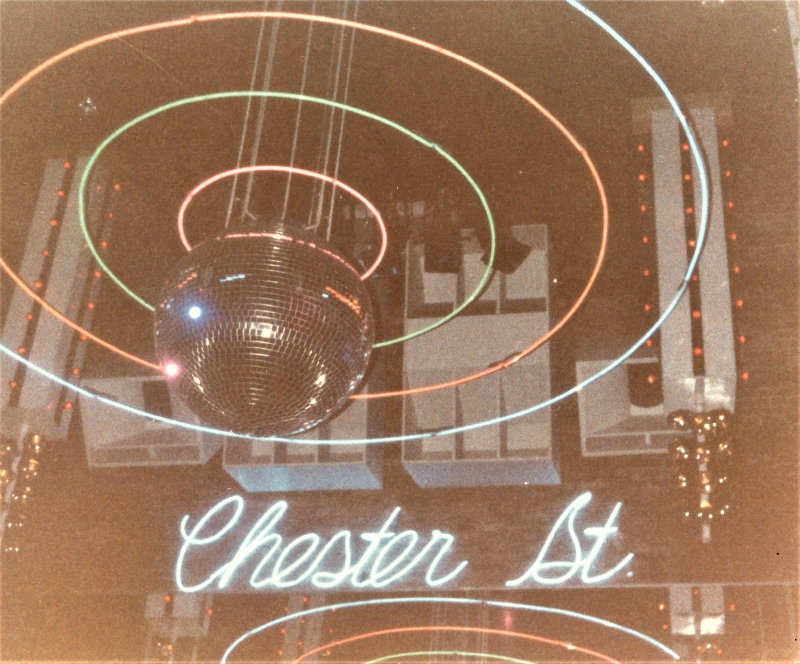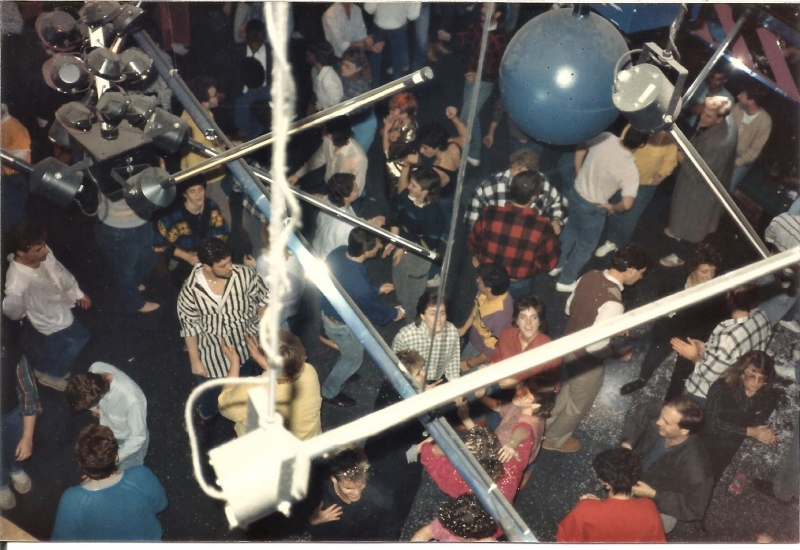Just over three years ago, Smile Politely published an article by Jacqueline Hannah entitled “A need for community: the history of queer spaces in C-U“. Why hasn’t anything changed since this article was written in 2017? Why did the famous Chester Street Bar (known as just “C Street”) just… disappear? Where is our new gay bar in Champaign-Urbana?
In an effort to get to the bottom of this, I reached out to Amy Myers, a long-time resident and former drag show host of Champaign and C Street. I wanted to know what made C Street special, where it went, and why no one has gotten close to replicating it since.
“We’d do contests and games… I would tell jokes and make people laugh, which always put a smile on my face,” Myers reminisced. After C Street closed, that same energy simply didn’t exist anywhere else. “When C Street closed… I was so sad. I cried, it was like part of me died. It was like family.”
Since the closure, the community hasn’t been the same. The entire LGBTQ population, both here and in a large radius, is left without a space to call their own. University freshmen coming to C-U for the first time haven’t had a chance to experience this sort of social environment. I know I certainly didn’t get a chance to experience C Street or anything like it when I arrived on campus. Myers recognizes that loss. “It’s kind of depressing that we don’t have a gay bar for [college] kids to go to. I remember when I was 19, I walked into C Street- there were 200 people on a Wednesday night and I was like, ‘Oh my God, there’s more people like me'”.

Photo from Smile Politely archives.
Having a place where you know you fit in can be so crucial for queer people, especially when they are in a new environment and other places are a toss-up for whether or not they’re queer-friendly. With C Street, everybody knew.
So why — and where — did it go?
“Ed Piraino owned the bar and he was older, so I know he wanted to go, and unfortunately Scott Cochrane was probably the first offer he had. It’s very disappointing,” Myers laments, “but don’t worry, he’ll put a plaque on the wall. And if you’ve ever been to Scott Cochrane’s bars,” she adds, “I don’t feel like it’s gonna be gay-friendly at all.”
So what was it like to hang out at a C Street, a bar known for being gay-friendly?
Myers had a simple answer for that: “Gay. It was a gay bar, it was gay-run, by a gay owner, and a gay manager. The entire staff was gay.” And for Myers, knowing that it was an establishment that aligned with her values and supported her identity was huge. “You know where your money is going.”
Being known as a gay bar allowed C Street to give its customers something special. But Myers recalls why gay bars deserve to be more than just a memory. “Never forget where you come from. Never forget what people fought for.”
“If there’s something you want to support, come out and support that. Because it costs money for a DJ, it costs money for entertainers, it costs money to throw a party… Unfortunately money makes the world go round,” she adds.
Maybe it’s good that the long wait for a new queer performance space in C-U has lasted through the pandemic. Maybe a C Street Part II would have closed within the past few months anyway. It is in fact more vital than ever for the LGBTQ+ community to have a place where they can drink and be merry. Even if it’s all outside; even if everyone is six feet apart. At a gay bar, no matter what anyone is going through, queer people and their allies can count on that one place to bring everyone together and celebrate a history that deserves to be remembered.








